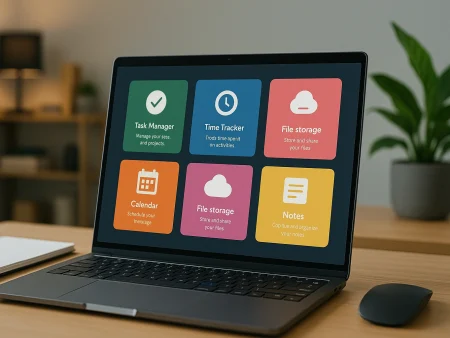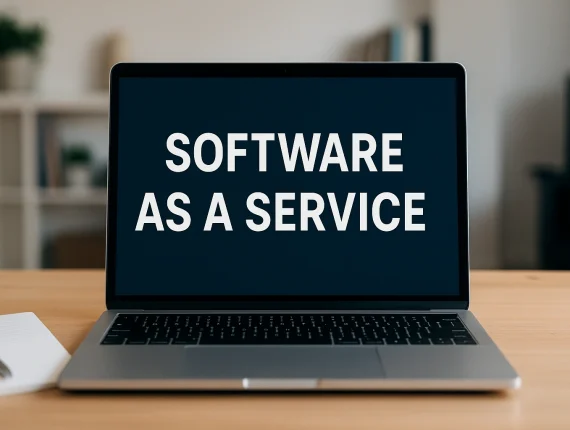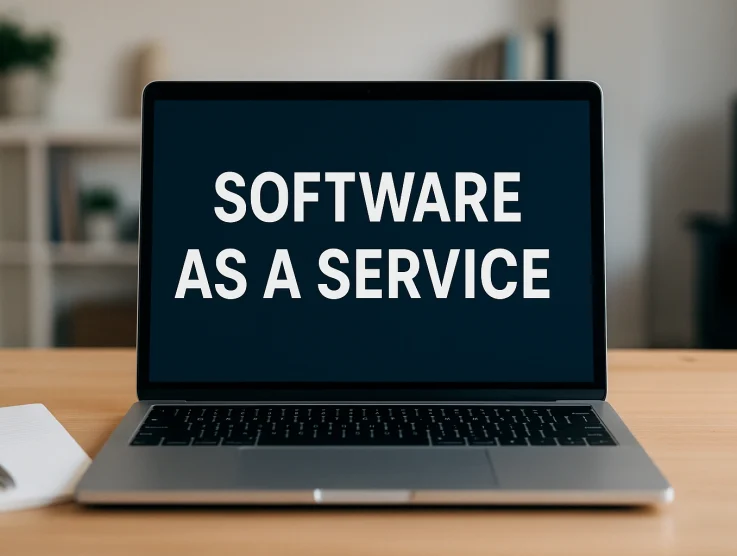
Best Practices for Running Technical Training Workshops
The technology develops rapidly, and the teams have to keep up. One of the most effective ways to build skills is through technical training workshops. These sessions go beyond the theory and offer practical exercises that encourage problem-solving and collaboration. Workshops also make it easier to divide complex topics into clear, manageable steps. Instead of just listening, participants get to practice real-time skills, which helps their knowledge. This practical approach builds self-confidence and makes it easier to use new ideas at work.
When designed well, technical training workshops do more than improve technical ability. They promote teamwork, arouse innovation, and create a culture of continuous learning. Finally, they not only grow individual talent – they strengthen the entire organization.
Why Training Workshops Help Tech Teams
Tech Team Workshops make learning engaging and relevant in ways that traditional training often cannot. They bring people together to solve problems, share ideas, and build practical skills in a collaborative environment. By focusing on real tasks instead of abstract theory, workshops create immediate value for both the team and the organization. Instead of listening passively, the participants use what they learn right away. Benefits include:
- Hands-on practice with really world scenarios.
- Adjustment of tools and processes.
- Faster adoption of new systems.
- Higher motivation and job satisfaction.
When structured properly, these sessions not only transmit knowledge – they inspire self-confidence and encourage people to continue to improve. Over time, Tech Team helps workshops with continuous learning in the workplace’s culture, making the teams more adaptable, innovative, and ready for future challenges.
Best Practices for Running Effective Workshops
A successful workshop takes the plan and structure. The goal is to keep the participants attached when providing clear, actionable insights. Good workshops balance learning with conversation, which gives people a chance to implement new ideas immediately. They are also compatible with different skill levels so that no one feels. Above all, effective workshops focus on creating long-term effects, not only a one-time training session.
1. Define Clear Learning Goals
Each effective technical training workshop begins with clear, achievable objectives. Without them, the sessions can focus and fail to give meaningful results. Think of skill participants; they should walk away. Do you want them to master a new programming framework, improve safety practices, or find a new analytics tool?
When the goals are specific, it becomes easy to design activities and measure success. Clear objectives also promote engagement. Participants know what they are achieving, which enhances inspiration and helps them look at the value of the workshop.
2. Understand the Audience
Not all participants enter into a technical training workshop with the same background or skill level. Some may be beginners, while others already have advanced experience. Running a quick examination before the workshop helps identify these differences.
With that insight, you can adjust the content to fit everyone – to provide challenges for advanced students while holding beginners engaged and supported. This approach ensures that no one feels left out and makes the workshop more inclusive, efficient, and valuable to the entire team.
3. Finding the Right Mix of Theory and Practice
Lectures have their place, but too much theory can cause participants to lose focus. Long presentations often provide little room for interaction or skill application. The most effective technological team workshops get a balance. Keep explanations short and pair them with coding challenges, group problem solving or live demos.
A ratio of 70/30-70% practical practice and 30% theory helpers who are engaged while enhancing what they have learned through real application.
4. Use Relevant Examples: Technical Training Workshops
Generic exercises rarely catch attention or lead to lasting learning. Participants better connect when the material reflects the challenges they face in real projects. Incorporate case studies, corporate-specific tasks, or industry examples in your technical training workshops. This makes the lessons practical, relatable, and much easier to apply to the job.
By tying concepts directly to the real scenarios, workshops become more memorable and effective for the entire team.
5. Make Collaboration Part of the Workshop
Workshops are not just about individual learning – they are an opportunity to build stronger teams. Encouraging collaboration makes the experience more dynamic and engaging. Activities such as couple programming, group problem solving, or team makers keep participants involved and help them learn from each other.
These exercises sharpen technical skills while improving communication and teamwork. When Tech Team workshops focus on collaboration, they create stronger ties and a culture of shared success that lasts beyond the session.
Mistakes to Avoid in Technical Training Workshops
In the world of today’s fast-paced technology, it is necessary to keep the teams sharp. Technical training workshops are one of the most effective methods to create skills and encourage continuous learning. They combine the principle with practice on their hands, allowing participants to implement new knowledge immediately.
Why do they matter here:
- Break complex subjects into easy, actionable stages.
- Provide practice on hands with real-world equipment.
- Encourage cooperation and problem-solving.
- Help teams adopt new techniques rapidly.
- Create confidence and inspiration through learning.
Well-structured technical training workshops can change the way teams learn and grow. By setting clear goals, stitching the material, and encouraging cooperation, you ensure that the time spent provides real value. With ongoing support and practical examples, these workshops strengthen both personal abilities and the performance of the overall team. Finally, investing in training is not about today’s skills – it is about preparing your team for tomorrow’s challenges.
Creating a Culture of Continuous Learning
Investing in technical training workshops indicates to employees that learning is important, not optional. When teams feel that development is supported, they become more favorable, innovative and full of confidence in dealing with challenges.
Constant learning culture not only improves current projects – it equips the organization to remain competitive in the long run. By making workshops a regular part of professional development, companies form teams that are ready to come forward.
FAQs About Technical Training Workshops
1. How long will a workshop last?
Half-day or one-day sessions are usually effective. Longer topics can be divided for two days.
2. Which topics are best for Tech Team Workshops?
Focus on high-value skills such as cloud platforms, programming languages, safety or computer tools.
3. Can workshops be online?
Yes. Online is flexible, while personally supports stronger cooperation. Hybrid models combine both.
4. How do you measure success?
Track results with assessments, project results, or feedback surveys. The real measure is the skills application at work.
5. How often should training workshops be run?
Quarterly or twice a year, the teams keep updated without overwhelming schedules.














